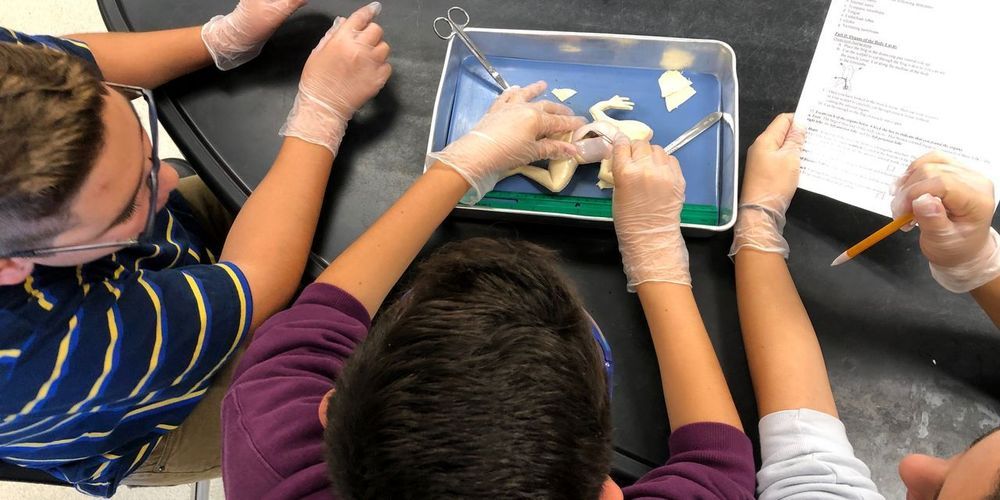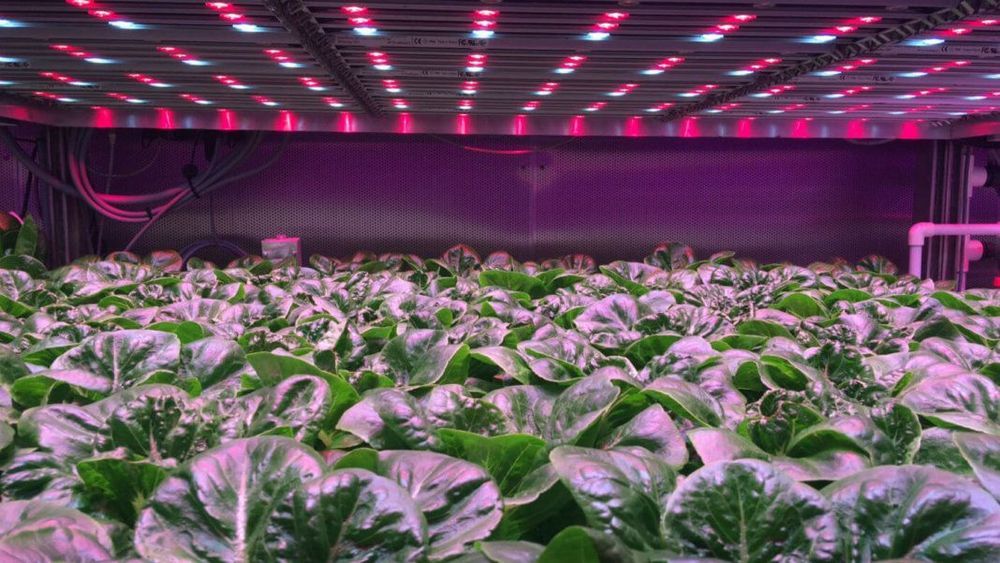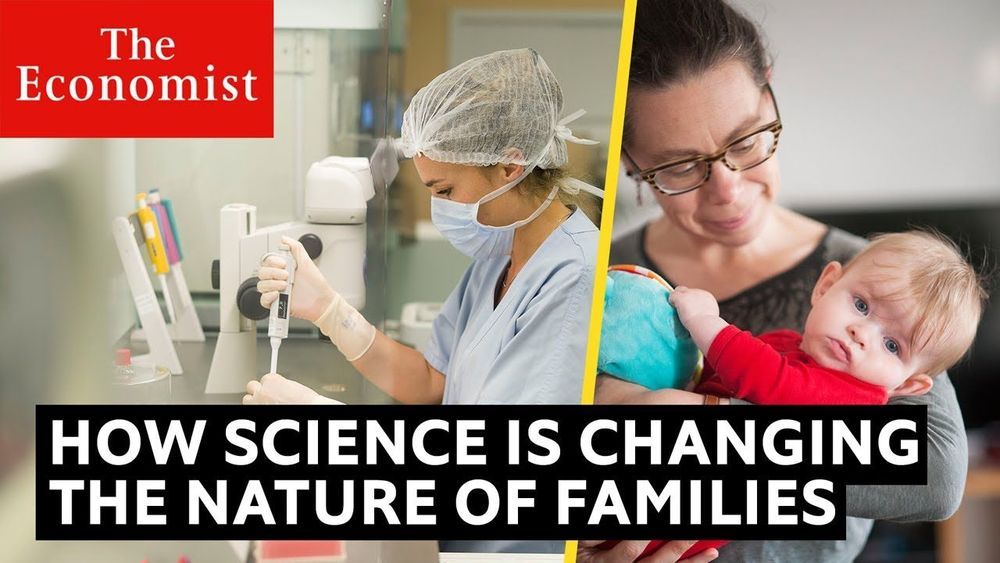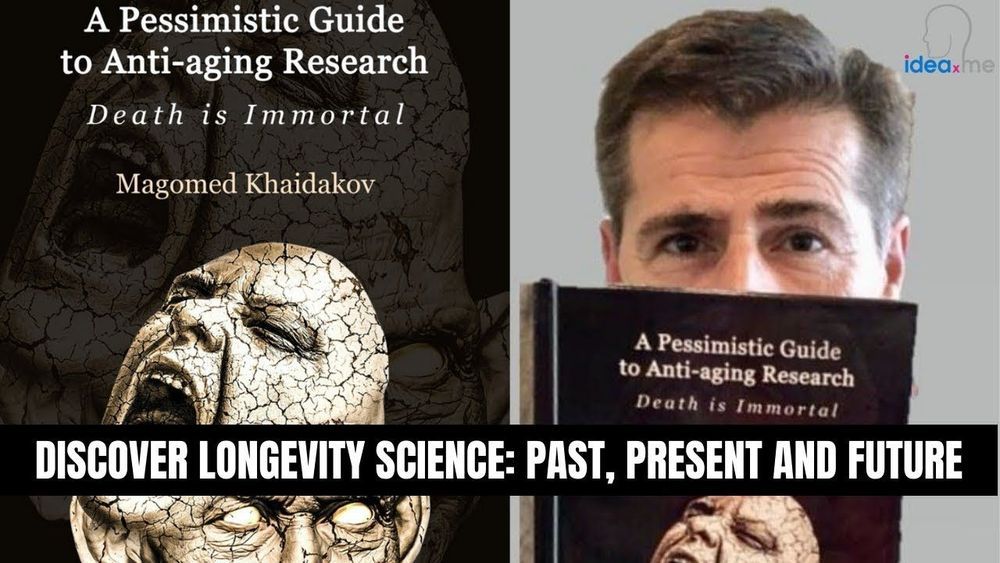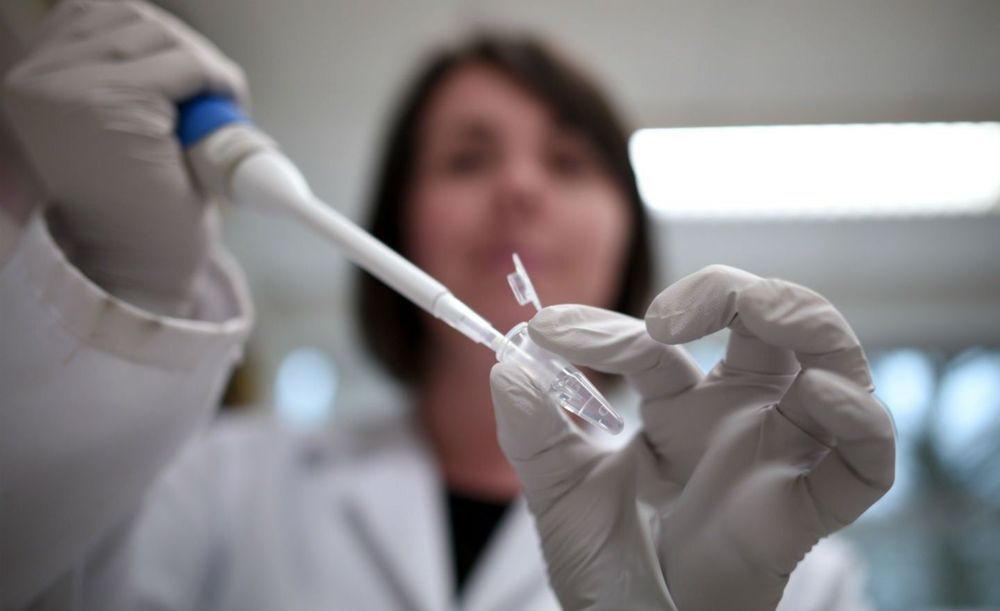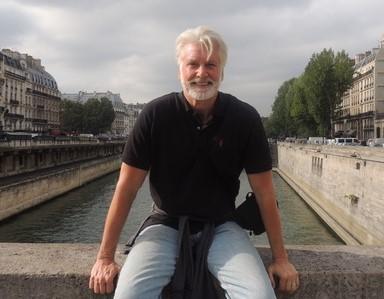Feb 1, 2020
Setting the agenda for social science research on the human microbiome
Posted by Xavier Rosseel in categories: biotech/medical, governance, health, policy, science
The human microbiome is an important emergent area of cross, multi and transdisciplinary study. The complexity of this topic leads to conflicting narratives and regulatory challenges. It raises questions about the benefits of its commercialisation and drives debates about alternative models for engaging with its publics, patients and other potential beneficiaries. The social sciences and the humanities have begun to explore the microbiome as an object of empirical study and as an opportunity for theoretical innovation. They can play an important role in facilitating the development of research that is socially relevant, that incorporates cultural norms and expectations around microbes and that investigates how social and biological lives intersect. This is a propitious moment to establish lines of collaboration in the study of the microbiome that incorporate the concerns and capabilities of the social sciences and the humanities together with those of the natural sciences and relevant stakeholders outside academia. This paper presents an agenda for the engagement of the social sciences with microbiome research and its implications for public policy and social change. Our methods were informed by existing multidisciplinary science-policy agenda-setting exercises. We recruited 36 academics and stakeholders and asked them to produce a list of important questions about the microbiome that were in need of further social science research. We refined this initial list into an agenda of 32 questions and organised them into eight themes that both complement and extend existing research trajectories. This agenda was further developed through a structured workshop where 21 of our participants refined the agenda and reflected on the challenges and the limitations of the exercise itself. The agenda identifies the need for research that addresses the implications of the human microbiome for human health, public health, public and private sector research and notions of self and identity. It also suggests new lines of research sensitive to the complexity and heterogeneity of human–microbiome relations, and how these intersect with questions of environmental governance, social and spatial inequality and public engagement with science.



